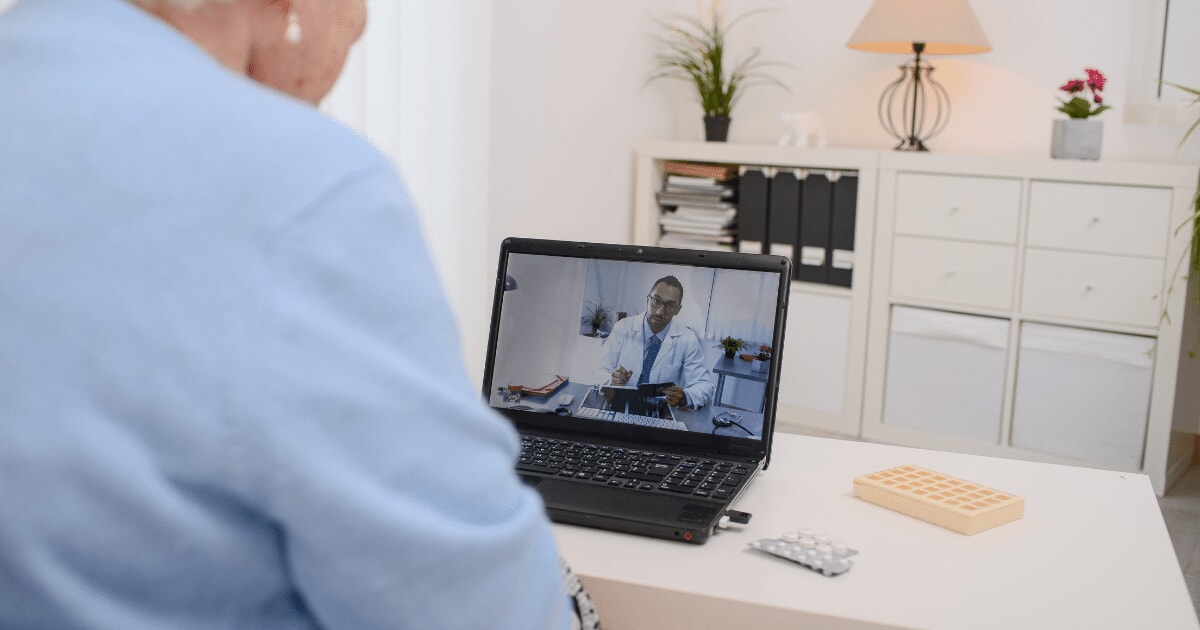
The 2020 pandemic set out a new standard for medical care, with many doctors and patients conducting appointments through telemedicine methods. While this has been one way for patients to speak with their doctor directly about their conditions, it can be difficult to rely on this form of communication as the sole option.
Telemedicine can be a helpful tool, but it begs the question: is it accurate? Can a doctor properly provide an accurate diagnosis of your condition without seeing you in person? Here are some things you should know about telemedicine.
Telemedicine Can Create Issues
Sure, you can tell your doctor all of your symptoms, but many symptoms overlap with multiple conditions. A severe cough can be linked to multiple conditions, so without seeing you in person, a doctor may have a hard time determining your exact condition.
A doctor may not be able to provide you with a prescription or treatment option. They may ask that you come in at a later date. Unfortunately, the delay in treatment can also cause someone’s condition to worsen over time, which could be catastrophic or even fatal.
Higher Chances of Errors
Telemedicine increases the potential chance of errors because the doctor cannot use the same number of tools and resources to diagnose your condition. If they don’t take additional steps to get you into the office, you can encounter significant problems.
The increased chance of an error occurring can cause you long-term health problems, especially if the doctor dismisses more serious conditions. Make sure you’re requesting as much information as possible and ask if you can come in for an appointment if you feel your condition is worse than the diagnosis you receive.
At Dempsey Kingsland Osteen, our Kansas City medical malpractice lawyers work hard to help you obtain compensation following negligence. We know how challenging this can be for you, and we want to help give you peace of mind throughout the entire claims-filing process.


